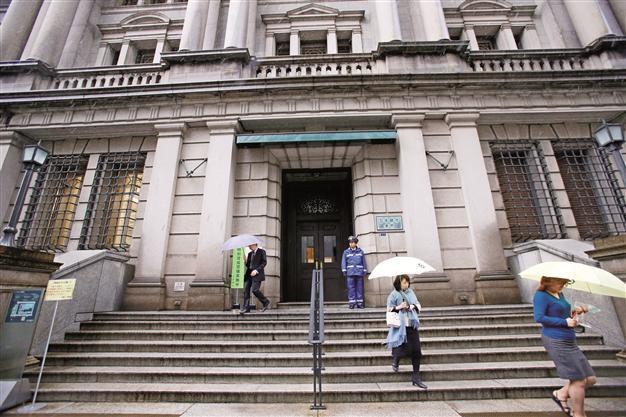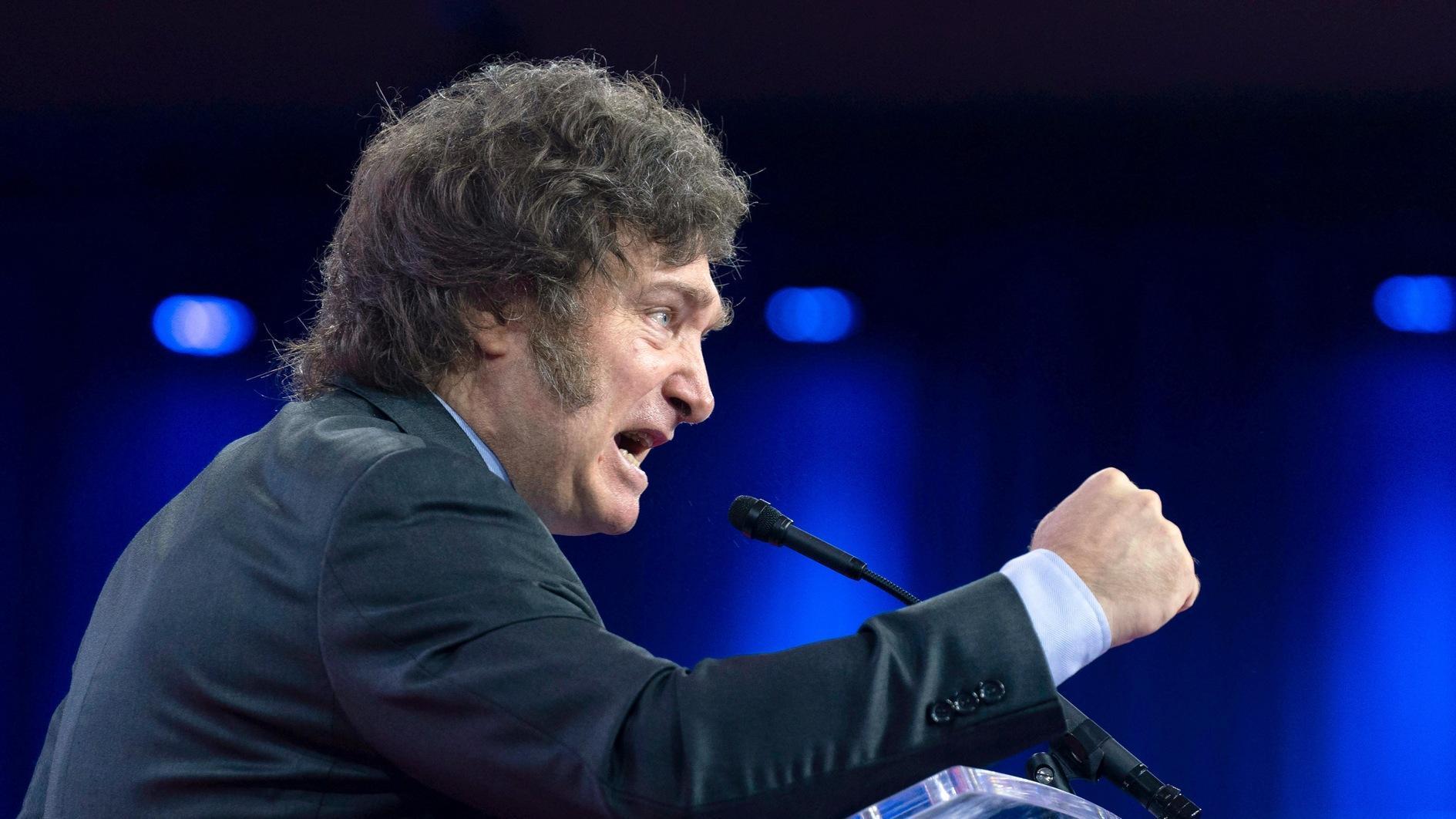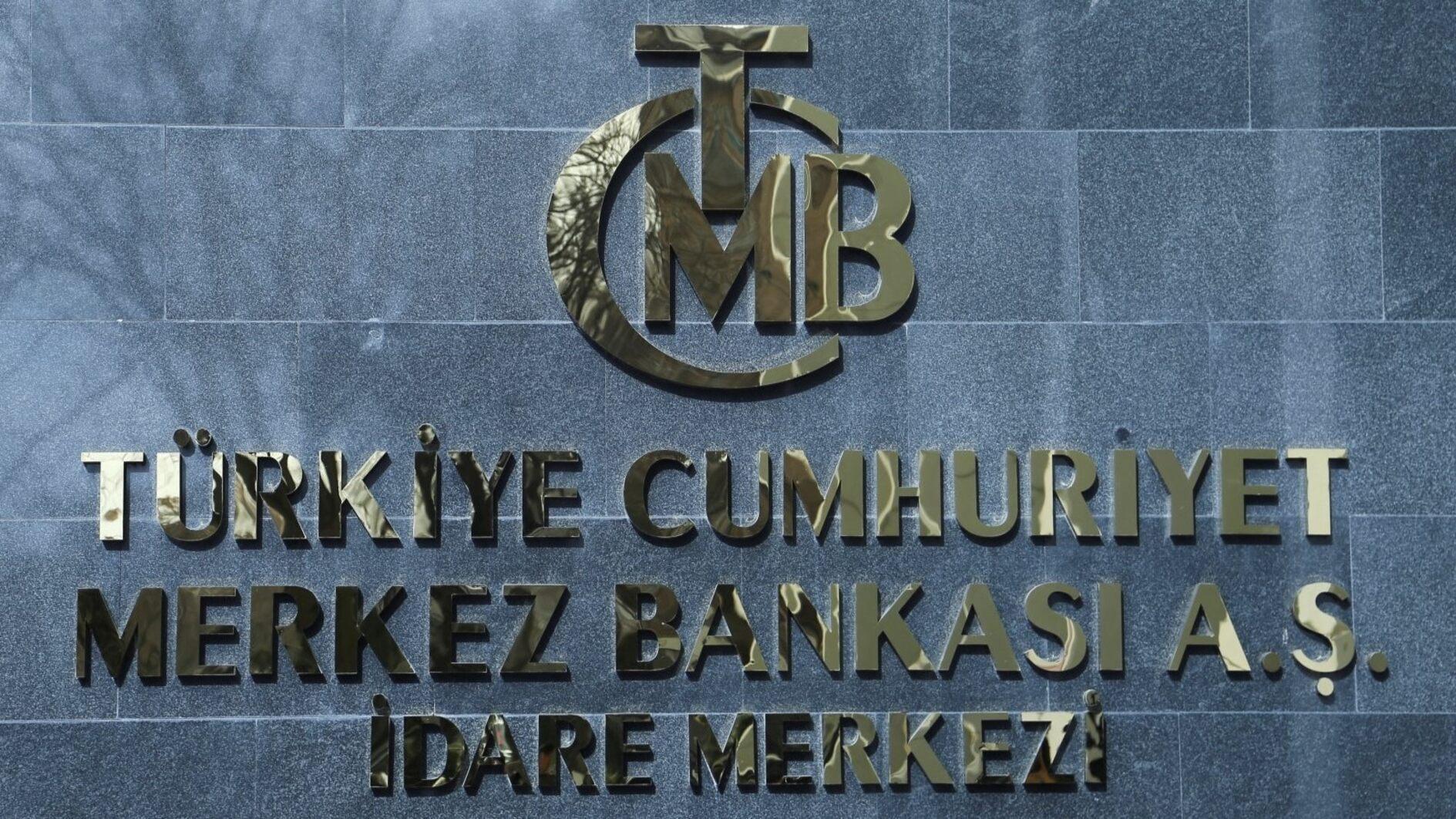Japan central bank declares fresh bid to revive economy
TOKYO - The Associated Press

People leave the Bank of Japan headquarters in Tokyo. Japan’s central bank held holding its first policy meeting under a new governor. AP photo
Japan is making a drastic shift in monetary policy in its latest attempt to spur inflation and get the world’s third-largest economy out of a long, debilitating slump.Bowing to demands from Prime Minister Shinzo Abe, the Bank of Japan announced that it would reconfigure its policies to double the money supply, or the amount of funds in circulation, and achieve a 2 percent inflation target at the “earliest possible time.”
The central bank has launched “a new phase of monetary easing both in terms of quantity and quality” that it said would “drastically change the expectations of markets and economic entities.”
New BOJ Gov. Haruhiko Kuroda has vowed to meet the inflation target within two years, heeding demands from Prime Minister Shinzo Abe to once and for all end a long spell of deflation that has hindered investment and economic growth.
Abe’s government, which took power late last year, accused the previous central bank governor, Masaaki Shirakawa, of balking at undertaking bold enough monetary easing to get the economy back on track. The steps announced yesterday under the first policy meeting chaired by Kuroda were in line with, or perhaps a bit bolder, than had been expected.
Abenomics effect
The policies announced are a fundamental shift in how the BOJ conducts monetary policy and appear a major concession to government demands, despite the bank’s ostensible autonomy.
To further boost the economy, the government has increased public spending to help perk up demand, and has promised reforms to help make the economy more competitive in the long-run.
Whether these strategies can work will hinge on expectations of future inflation prompting consumers and companies to begin spending more money sooner to avoid rising prices, as Abe and his backers contend. The past 15 years of deflationary stagnation, they say, is largely due to the tendency of consumers to hold back, waiting for prices to fall further. Expectations of weak demand, especially given Japan’s shrinking and aging population, discouraged corporate hiring and investment, pulling prices still lower.
Critics of so-called “Abenomics” say that without wage increases to match the price hikes, frugal consumers may be even less willing to spend.
In any case, the BOJ has delivered on Kuroda’s promises for bolder action.
Instead of carrying out money market operations to target an interest rate level, the central bank will focus on increasing the monetary base, or total amount of cash in circulation and funds of commercial banks held by the central bank, by about 60 trillion yen to 70 trillion yen ($637 billion to $744 billion) a year.
The idea is that increasing the amount of cash in circulation will help push prices higher.
















